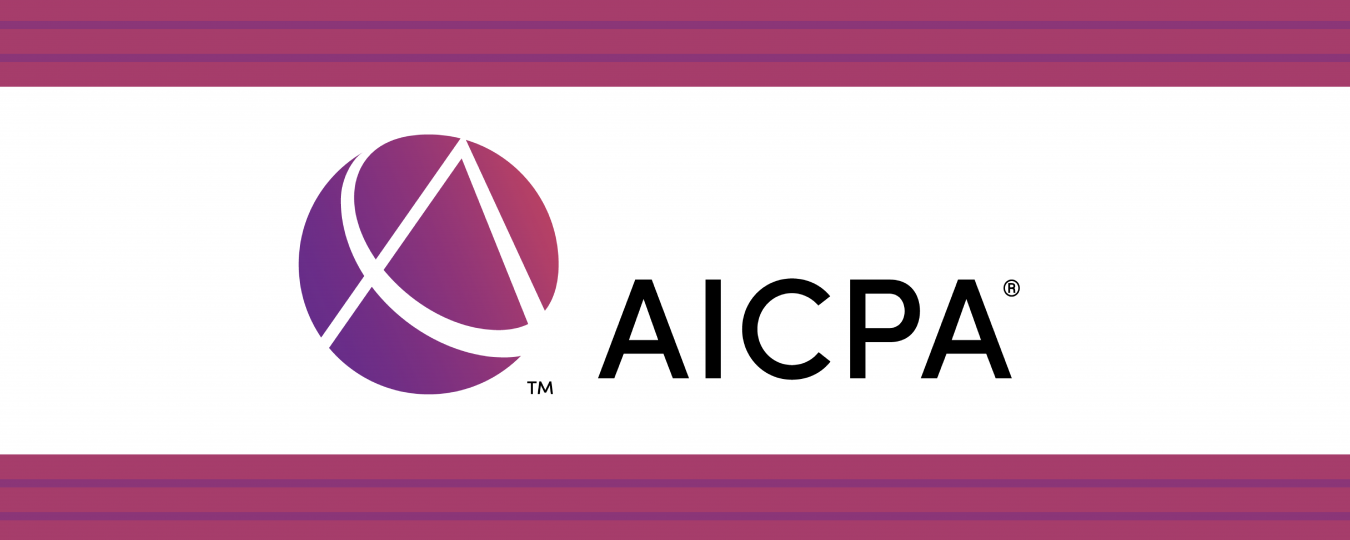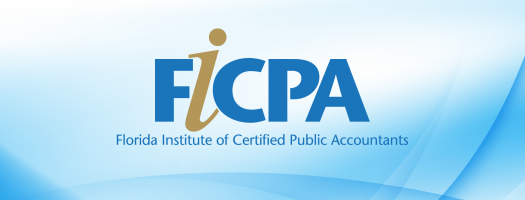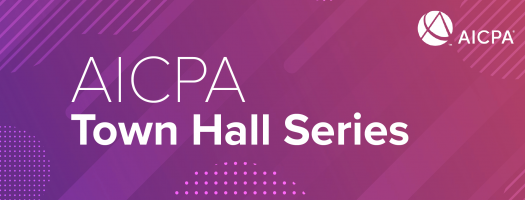
Washington, D.C. – Following calls by the Tax Professionals United for Taxpayer Relief Coalition, and members of both the Senate and the House for the Internal Revenue Service (IRS) to provide meaningful relief to taxpayers ahead of this tax filing season, the IRS announced today its intention to stop some notices to taxpayers as they increase resources to process backlogged files. The American Institute of CPAs (AICPA) believes this action is a positive first step, but believes that more should be and could be done by the IRS, without the need for congressional action, to reduce erroneous automated notices and unnecessary taxpayer contact with the Service.
The AICPA joined a diverse group of stakeholders to form this Coalition representing Latinos, African Americans, small businesses, tax practitioners and low-income taxpayers in an effort to compel the IRS to take immediate action to meaningfully reduce unnecessary burdens for taxpayers and practitioners during this upcoming tax filing season. Twenty-five Members of the Senate, led by Senators Bob Menendez (D-NJ) and Bill Cassidy (R-LA), and 191 Members of the House, led by Representative Linda Sanchez (D-CA) also expressed their desire to see the IRS adopt the recommendations of the Coalition and reduce the strain on both taxpayers and on the agency.
“The actions taken today by the IRS signals their desire to help taxpayers, but we believe that there is more they can do and respectfully disagree with the IRS’s assertion that congressional action is needed to suspend the automatic issuance of notices,” said AICPA President & CEO, Barry Melancon, CPA, CGMA. “All of the recommendations put forth by the AICPA and the Coalition are actions that we believe the IRS can legally take right now to provide immediate relief to taxpayers – but we would welcome more details from the Commissioner on what he believes the IRS can do and what might require congressional action. Congress has demonstrated that it is more than ready to advocate for taxpayers and practitioners, and we are confident that lawmakers would act swiftly to assist. We appreciate the strain the IRS is under and continue to urge them to fully implement all of our recommendations to alleviate unnecessary stress on the agency and the taxpayers.”
Those recommendations submitted to the IRS are:
- Discontinue automated compliance actions until the IRS is prepared to devote the necessary resources for a timely resolution – similar recommendation also included in the 2021 National Taxpayer Advocate report
- Align requests for account holds with the time it takes the IRS to process any penalty abatement requests – similar recommendation also included in the 2021 National Taxpayer Advocate report
- Offer a reasonable cause penalty waiver, similar to the procedures of first time abate administrative waiver
- Provide taxpayers with targeted relief from the underpayment and the late payment penalty for the 2020 and 2021 tax year

